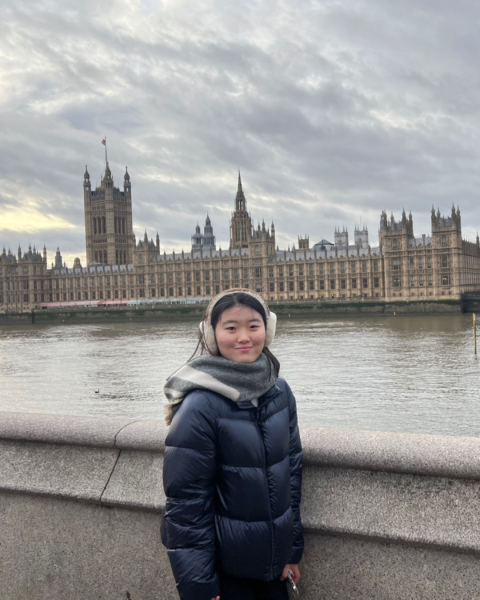When defining death, people tend to see it as the end of life, and in most cases, the end in which people leave through no control of their own. Whether that is unknowingly and peacefully in their sleep or losing the battle to an illness, the thought that death could be a choice was always something foreign to me. After all, can death really be a choice? Believe it or not, it is, and it is called MAID or Medical Assistance in Dying. As stated by CNN, here in the U.S., it is only legal in California, Colorado, the District of Columbia, Hawaii, Maine, New Jersey, New Mexico, Oregon, Vermont, and Washington. While assisted dying is a heavily controversial topic, like many other freedoms in life, death should be a choice.
For many people facing terminal illnesses and immeasurable pain, MAID offers an alternative option to find a dignified death. One of the biggest reasons why assisted dying should be more accessible is due to how it offers patients a way out in a respectable manner. According to the Guardian, “Most doctors now understand that assisted dying offers a compassionate choice at the end of life and that more than 80 percent of their patients would like a law that gives them that choice.” MAID should be a choice that all terminally ill patients should have. By allowing patients control over their bodies and healthcare decisions in a critical time, they have the choice and freedom to leave the world knowing that they were the ones to decide their fate instead of facing death unknowingly. Just like any other pro-choice progressive reform being advocated for, like the right to abortion, assisted dying is no different when giving an individual the right to autonomy over their own body.
When suffering from terminal illnesses, many patients are prone to go through extreme mental and physical distress where any semblance of normality and of a life they once had is stripped away to a battle with pain. Assisted dying gives patients the choice to reduce that suffering and find peace. At the end of the day medicine aims to help sick patients. If a patient is nearing the end of their life and facing an incurable disease then it should be up to the patient to decide to end that suffering. Forcing patients to suffer with no means to alleviate it and without offering them a choice like MAID is arguably a cruel practice itself. Julie Burchill a writer for the Spectator argues that “If legalized, it will be applied to depressed people and poor people – as it already has in Canada – and, eventually, anyone whose ‘quality of life’ isn’t what it was when they were 22 and who feels a bit blue.” While I can recognize the valid concern over further legalization and accessibility of MAID, it is important to note that with further accessibility will come further regulations. Additionally, MAID has been classified as a last-resort option for patients, and imagining a reality where patients resort to assisted dying with a clear state of mind and without consulting other options or forms of treatment with success seems unlikely.
In the end, further legalizing assisted dying is not about promoting or glorifying death; it is about honoring life and showing compassion, empathy, and dignity to those who are slowly reaching the end of theirs. It is about recognizing the importance of quality of life rather than just existing. It is recognizing that helping someone die is not unethical, but rather showing mercy for those suffering. Pursuing assisted death is a deeply personal and hard choice, one that should be respected by not just society but by the law. By further legalizing assisted dying this affirms the broader idea that every person should have a choice when it comes to their body. Death should be a right and it is time for the law to acknowledge that.


